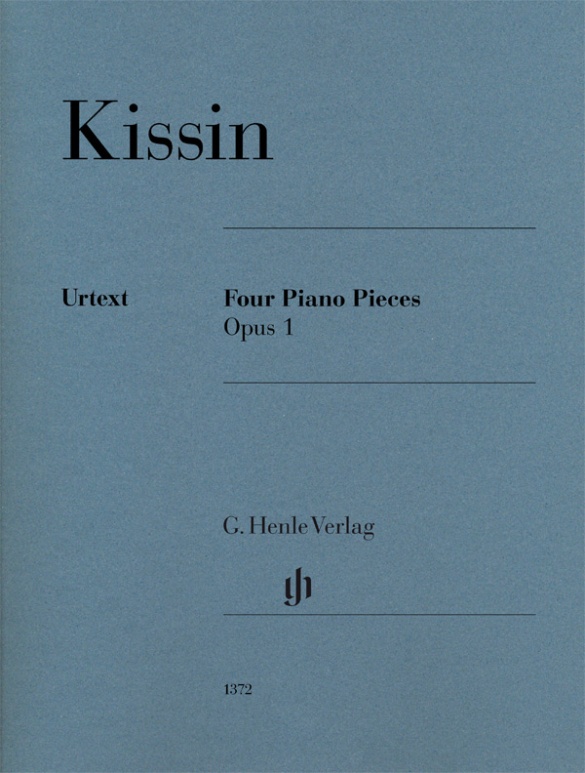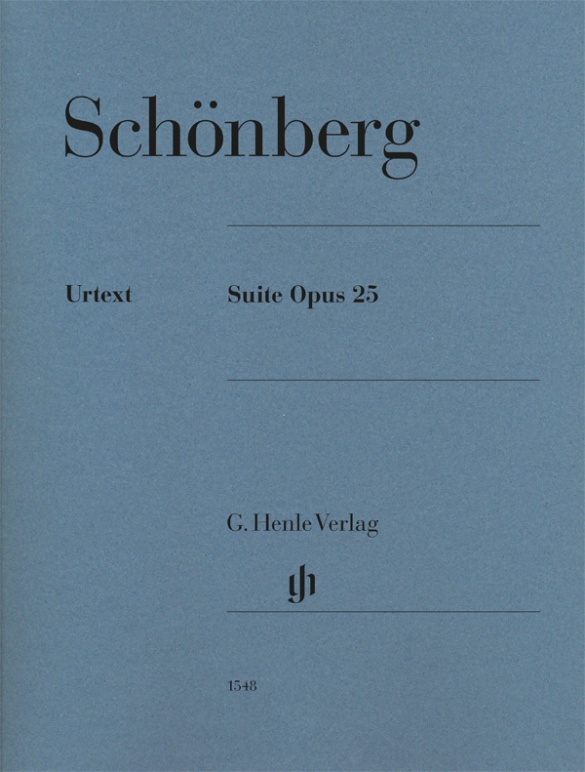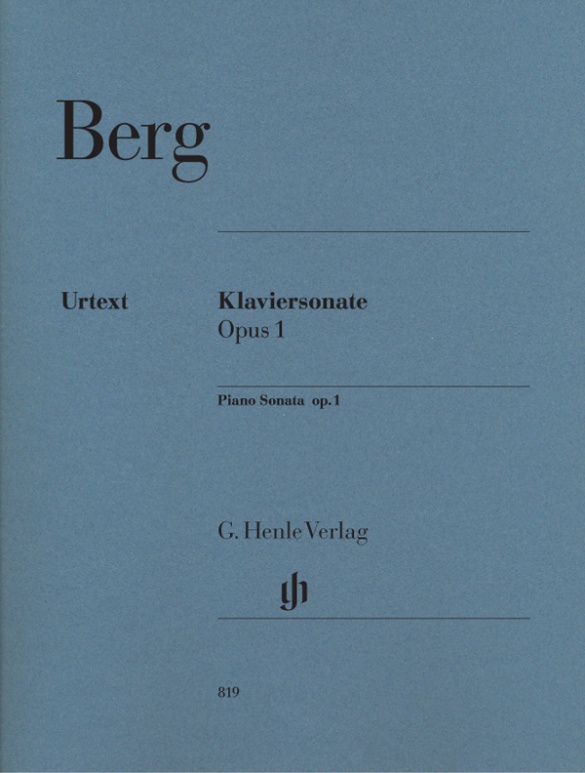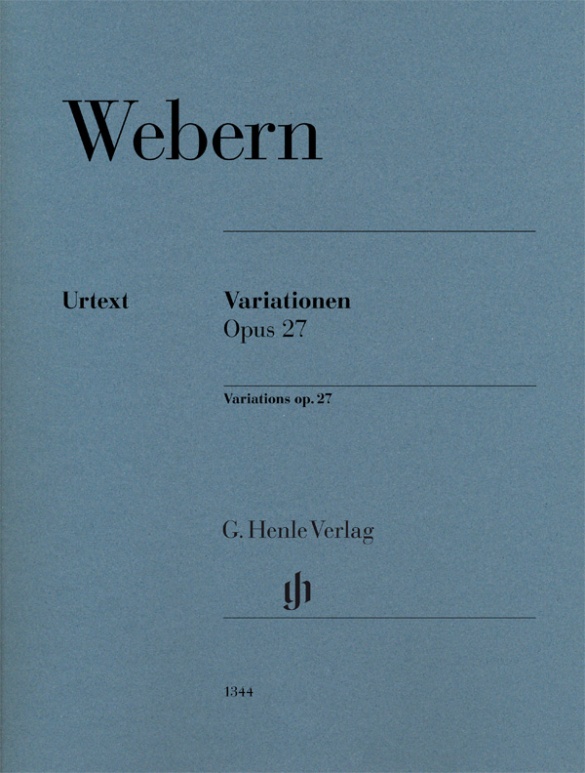

Anton Webern
Variations op. 27
Following Alban Berg, Anton Webern is the second composer of the Second Viennese School to be included in the Henle catalogue. Webern’s music is known for its extreme brevity and strict organisation. A performance of the Variations op. 27 lasts even shorter than ten minutes – a short period of time during which the audience experiences true extremes. Webern rehearsed the piece with several pianists, which resulted in surprisingly emotional aids to interpretation being handed down. Having consulted all of the available sources, editor Ullrich Scheideler now presents the reviewed musical text and furthermore documents the work’s complex genesis and Webern’s insightful instructions regarding its performance. A classic of modern music, now also available in Henle blue.
Content/Details
About the Composer
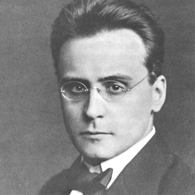
Anton Webern
Together with Schönberg and Berg, he formed the Second Viennese School. He was Schönberg’s first pupil. His strict application of the twelve-tone technique made him a model for the Darmstadt School after 1950. Aside from 31 works given opus numbers, he created many others. His compositional method is informed by the most extreme reduction and transparency of setting.
| 1883 | Born in Vienna on December 3. First piano lessons at age five from his mother; from 1894, lessons in piano, cello, and music theory with Edwin Komauer. |
| 1902–06 | Study of musicology and art history at the University of Vienna, writing a thesis on the second part of H. Isaac’s Choralis Constantinus. |
| 1904–08 | Pupil of Schönberg. |
| 1908–09 | Songs, Opp. 3 and 4, after poems by Stefan George: transition to atonality. |
| from 1908 | Appointments as music director at theaters (e.g. in Prague), from which he resigns after a short while. |
| 1911 | He follows Schönberg to Berlin. |
| 1911/13 | Six Bagatelles for String Quartet, Op. 9; extremely brief, reduced, and concentrated compositions. |
| from 1921 | Choir director of various choral societies in Vienna. |
| 1922–36 | He pursues an international career as conductor (Berlin, Frankfurt am Main, Munich, London). |
| 1922–27 | Transition to twelve-tone technique in his vocal works “Five Sacred Songs,” Op. 15; “Five Canons,” Op. 16; “Three Traditional Rhymes,” Op. 17; “Three Songs,” Op. 18; through “Two Songs,” Op. 19. |
| 1926 | He meets the poetess Hildegard Jone, whose lyrics, conforming to his own ideas, he employs henceforth (e.g. choral work “Das Augenlicht,” Op. 26, in 1935). |
| 1926/27 | String Trio, Op. 20: first twelve-tone composition. |
| 1927–28 | Director of the Workers’ Symphony Orchestra. Symphony, Op. 21, with a thoroughly structured tone row corresponding to the concept of the composition. |
| 1936–38 | String Quartet, Op. 28: attempt at mediating between sonata and fugue. |
| 1945 | He is shot and killed in Mittersill on September 15. |
Product Safety Informations (GPSR)

G. Henle Verlag
Here you can find the information about the manufacturer of the product.G. Henle Verlag e.K.
Forstenrieder Allee 122
81476 München
Germany
info@henle.de
www.henle.com
Cette oeuvre dodécaphonique en trois mouvements, alliant binaire et ternaire, se présente avec une mise en page claire et aérée, mettant en évidence les structures symétriques du morceau.
Pianiste, 2017Ulrich Scheidelers mit einem ausführlichen Vorwort (dreisprachig) und einem nicht weniger ausführlichen Kritischen Bericht (zweisprachig) ausgestattete Urtextausgabe bietet zweifellos eine solide Grundlage für die Einstudierung von Weberns Variationen op. 27, die einem auch 80 Jahre nach ihrer Entstehung so vorkommen, als kämen sie von einem fremden Planeten.
Piano News, 2017Henle's Urtext is uitstekend verzorgd en voorzien van voorwoord, leest goed en slaat prettig open.
Pianowereld, 2016recommendations
autogenerated_cross_selling
Further editions of this title
Further editions of this title


